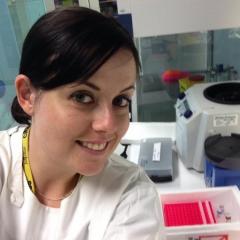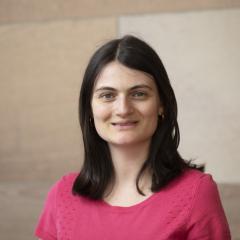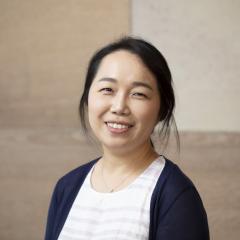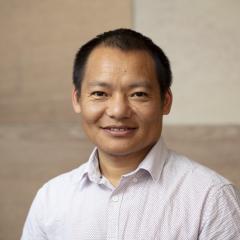Adaptive sequencing for metagenomic sequencing of low biomass samples
Full title
Development of a field-friendly adaptive sequencing pipeline to increase sensitivity of metagenomic sequencing of low biomass samples.
Aim
The overall aim of the project is to develop a set of protocols which will reduce eukaryotic host DNA burden in nanopore metagenomic sequencing of difficult, high host DNA/low microbial DNA samples. A secondary aim is to make the up-front sample processing simple so that the first step of host reduction can be done on the freshly collected sample by non-experts in the field (e.g. farmers in the field or nurses in the surgery room).
By combining simple up-front host DNA reduction techniques with downstream nanopore adaptive sequencing, richer sets of microbial community data and more complete assembled microbial genomes will be able to be obtained from low biomass samples.
Brief project outline
In this project proposal, we aim to combine up-front eukaryotic host DNA reduction methods with adaptive nanopore sequencing. In doing so, we will establish a validated pipeline for high sensitivity metagenomic sequencing of low biomass samples. Critically, the protocol will be designed to be as simple and flexible as possible to maximise adoption of the technique.
The project will be divided into three phases:
- Initial host genome reduction. This phase will focus on evaluating methods of reducing the eukaryotic host DNA load in a low biomass mock sample at the sample collection point. Methods will be selected that require little or no special equipment.
Adaptive sequencing evaluation. This phase will focus on evaluating two different ways of adaptive sequencing: the standard MinKNOW-based method, and customizable Readfish protocol [Payne 2021]. Both protocols will be compared against each other to determine which is more effective at enriching the mixed sample for bacterial reads.
Application to real-world samples. The final combined protocols of the up-front host DNA reduction and the selected adaptive sequencing method will be applied to a range of low biomass samples. To demonstrate the benefit of the method, each sample will be sequenced three different ways: through the full host-reduction pipeline, unmodified through standard nanopore sequencing, and unmodified through Illumina sequencing. Each nanopore run will use the full flow cell to follow real-world application conditions, and the Illumina sequencing will be included as a comparator given it is the current industry standard for metagenomic sequencing.
Genomics-based innovative aspect of proposal
The key innovation in the project will be the improvement of low-biomass metagenomic nanopore sequencing by combining easy-to-use sample processing techniques that can be applied in the field with the emerging method of adaptive sequencing. The adaptive sequencing protocols have only recently matured sufficiently to allow for wider adoption. The protocol however still have a high ceiling for further development and optimisation, which will also provide a large potential for novel methods development and applications.
Broad applicability of the technique
The technique is designed to be agnostic of the type of eukaryotic host. Therefore, any system where large amounts of host DNA confounds the metagenomic analyses of the microbiome will potentially benefit from this protocol. The technique will be made available for other researchers to adopt globally given the publication in a peer-reviewed journal. More locally, the technique will be made available to the entire UQ community as a method (e.g. adopted within ACE), as well as being open for use as a service by any UQ sequencing provider.







